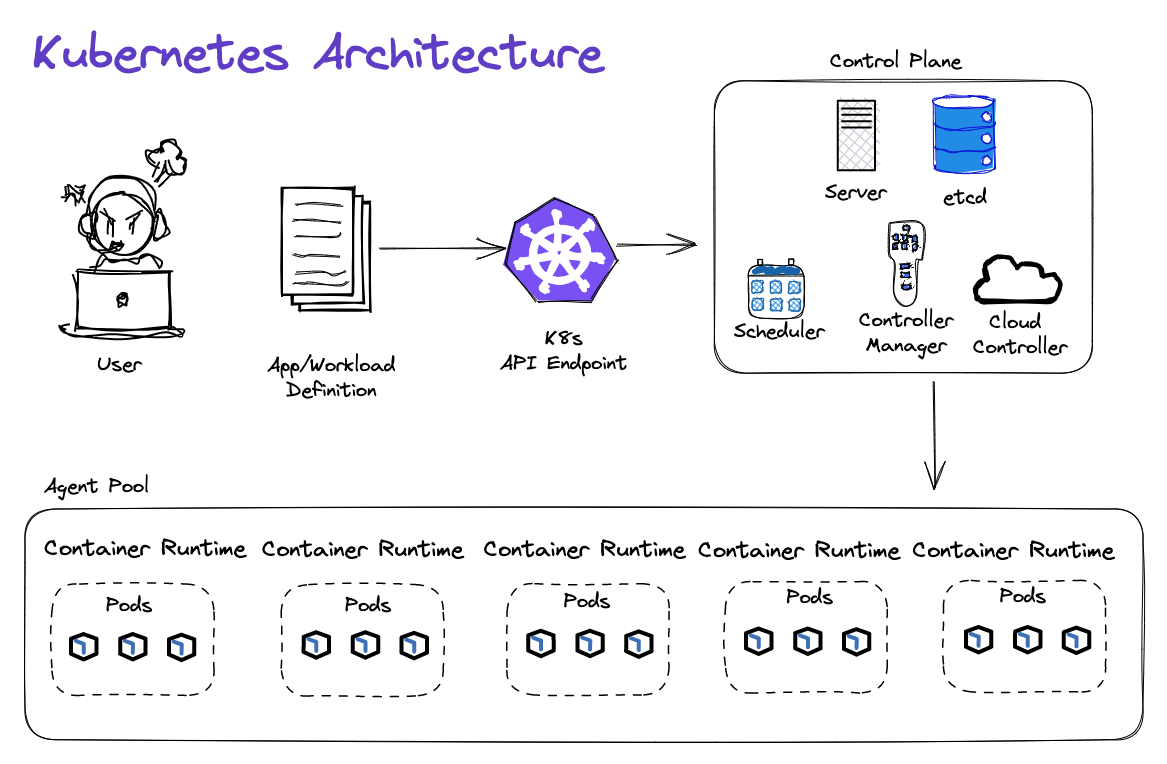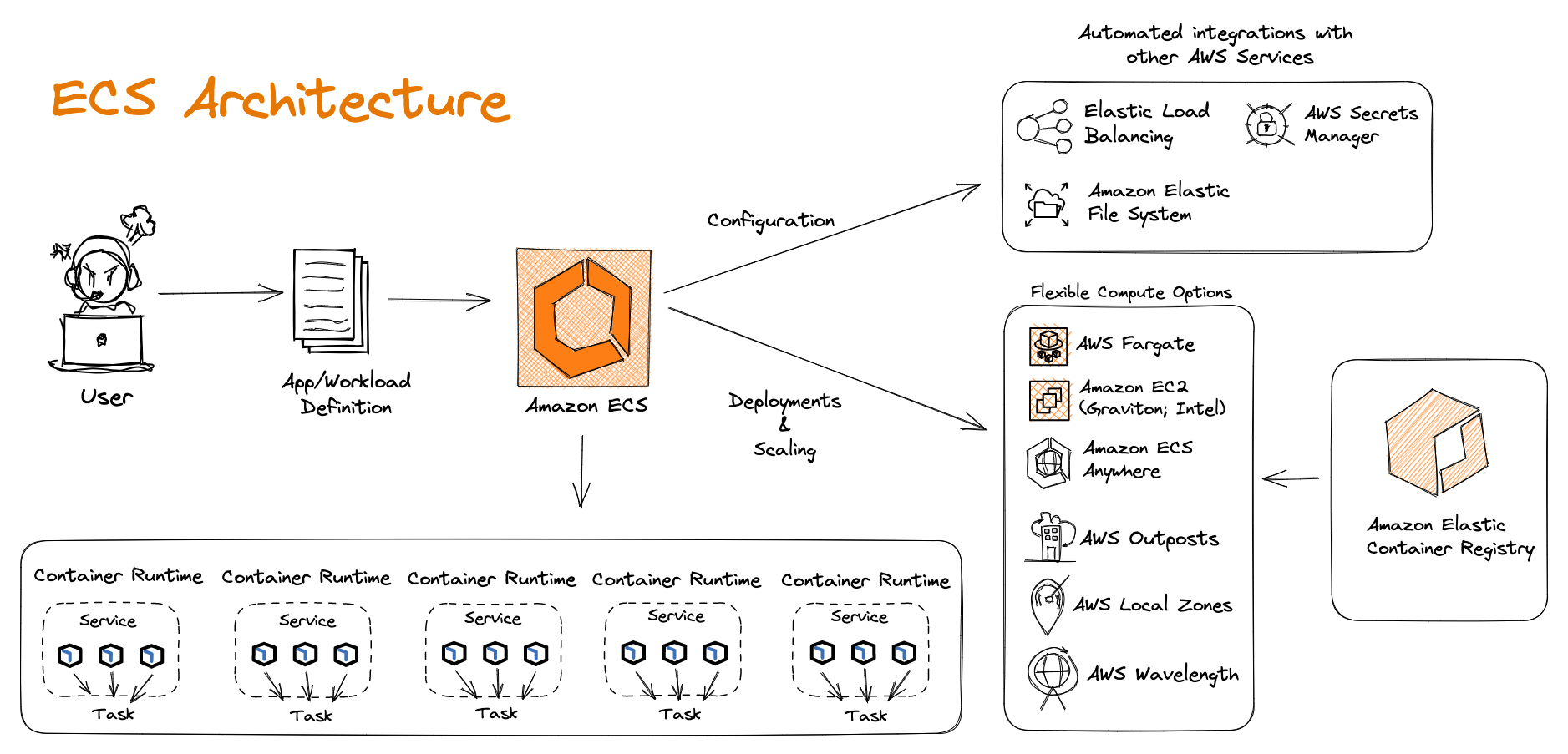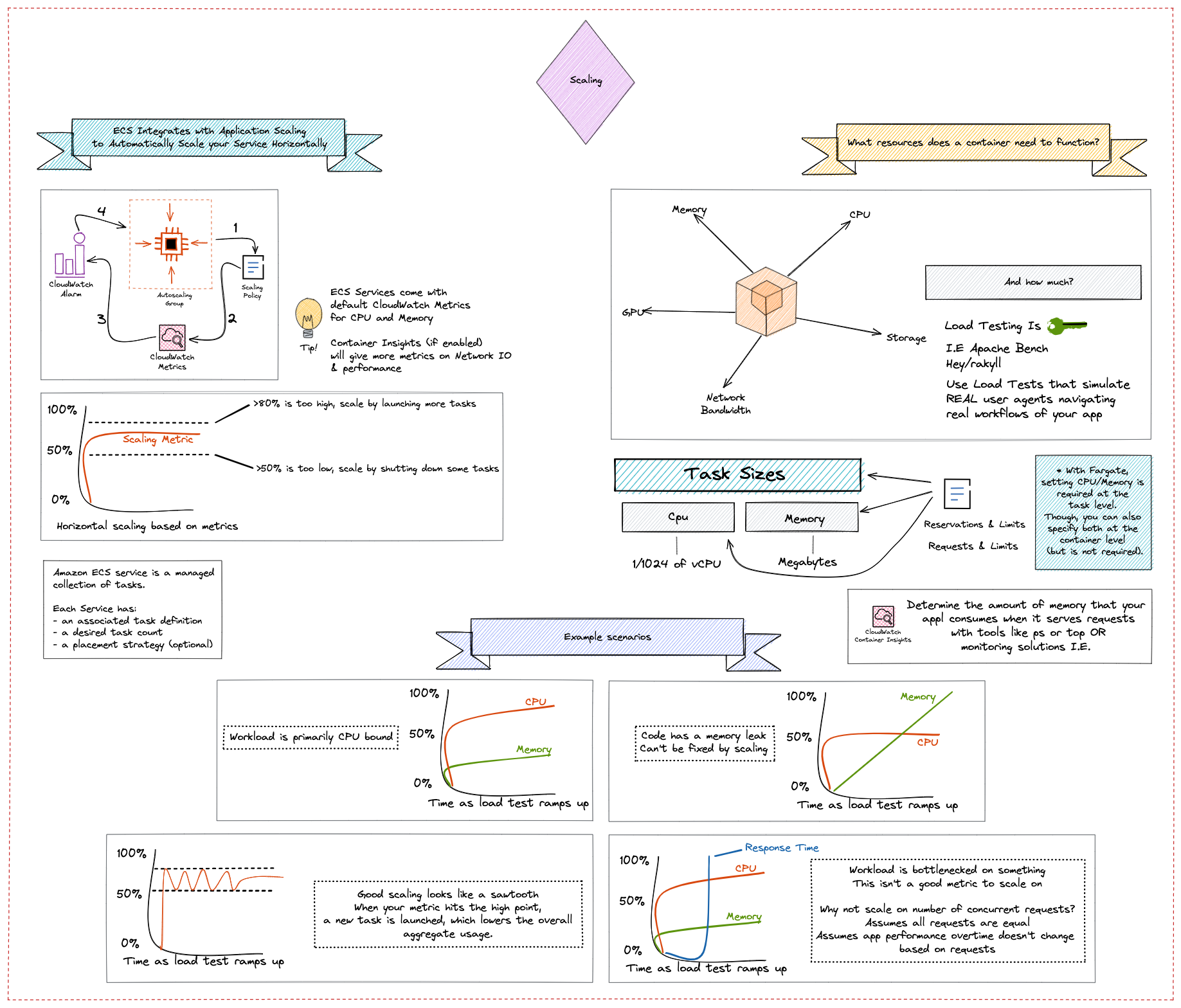Container Platform Best Practices: Storage
by Jessica Deen

You can use Amazon ECS to run stateful containerized applications at scale by using AWS storage services, such as Amazon EFS, Amazon EBS, or FSx for Windows File Server, that provide data persistence to inherently ephemeral containers. The term data persistence means that the data itself outlasts the process that created it. Data persistence in AWS is achieved by decoupling compute and storage services. Similar to Amazon EC2, you can also use Amazon ECS to decouple the lifecycle of your containerized applications from the data they consume and produce. Using AWS storage services, Amazon ECS tasks can persist data even after tasks terminate.
By default, containers don’t persist the data they produce. When a container is terminated, the data that it wrote to its writable layer gets destroyed with the container. This makes containers suitable for stateless applications that don’t need to store data locally. Containerized applications that require data persistence need a storage backend that isn’t destroyed when the application’s container terminates.


